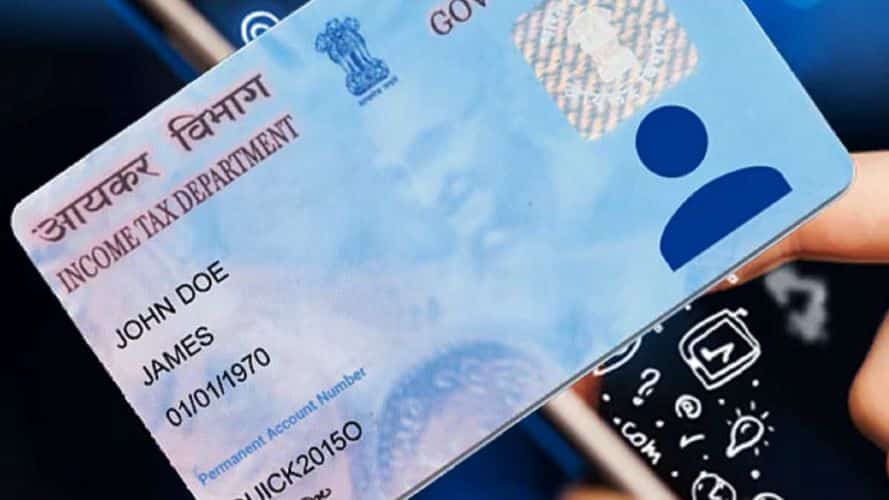Beware of PAN 2.0 Email Scams

In recent weeks, the excitement surrounding the government’s new PAN 2.0 initiative has attracted the attention of scammers. Fraudulent emails claiming to assist users in downloading their e-PAN cards have emerged, misleading many individuals. The Press Information Bureau (PIB) Fact Check has issued a warning about these deceptive schemes. They emphasize the importance of vigilance and caution when dealing with unsolicited emails, especially those requesting sensitive information.
Understanding PAN 2.0
The PAN 2.0 initiative aims to modernize the existing Permanent Account Number (PAN) cards issued by the Income Tax Department. The new version will feature an enhanced QR code system, which is designed to improve security and reduce the risk of fraud. While current PAN cardholders are not required to switch to the new format, upgrading offers several benefits.
The new e-PAN cards will provide better protection against identity theft and fraudulent activities. They will also streamline processes for taxpayers, making it easier to access and manage their financial information. However, it is crucial to remember that the Income Tax Department will never request sensitive personal information through email. They do not ask for PIN numbers, passwords, or other confidential details related to financial accounts.
The Rise of Phishing Scams
Phishing scams have become increasingly common, especially with the introduction of new government initiatives like PAN 2.0. Scammers often impersonate trusted entities to trick individuals into revealing sensitive information. The Income Tax Department defines phishing as an attempt to acquire personal data by masquerading as a legitimate organization in electronic communications.
These scams typically occur via email or instant messaging, directing users to fake websites that closely resemble legitimate ones. Unsuspecting individuals may unknowingly provide their usernames, passwords, or credit card details, leading to significant financial losses. It is essential to be aware of these tactics and to remain cautious when receiving unsolicited communications.
Safety Guidelines to Protect Yourself
To safeguard against phishing attempts, the Income Tax Department recommends several safety guidelines. First, avoid responding to suspicious emails or messages. Never open attachments, as they may contain harmful software. Additionally, do not click on links or enter sensitive information, such as bank details, in response to unsolicited requests.
It is also advisable to refrain from copying and pasting links from messages, as scammers can disguise malicious URLs. Regularly updating protective software, including antivirus and firewall programs, can help shield your devices from unwanted threats.
If you encounter suspicious emails or websites, report them immediately. The Income Tax Department encourages individuals to send reports to webmanager@incometax.gov.in and incident@cert-in.org.in. Include the complete email or website URL, and if possible, provide the email’s Internet header for further investigation.
Stay Informed and Vigilant
As the PAN 2.0 initiative rolls out, it is crucial to remain informed about potential scams. The rise of phishing attempts highlights the need for vigilance in protecting personal information. By following safety guidelines and reporting suspicious activity, individuals can help combat these fraudulent schemes. Always remember, if an email seems suspicious, it is better to err on the side of caution.
Observer Voice is the one stop site for National, International news, Sports, Editor’s Choice, Art/culture contents, Quotes and much more. We also cover historical contents. Historical contents includes World History, Indian History, and what happened today. The website also covers Entertainment across the India and World.
Follow Us on Twitter, Instagram, Facebook, & LinkedIn

